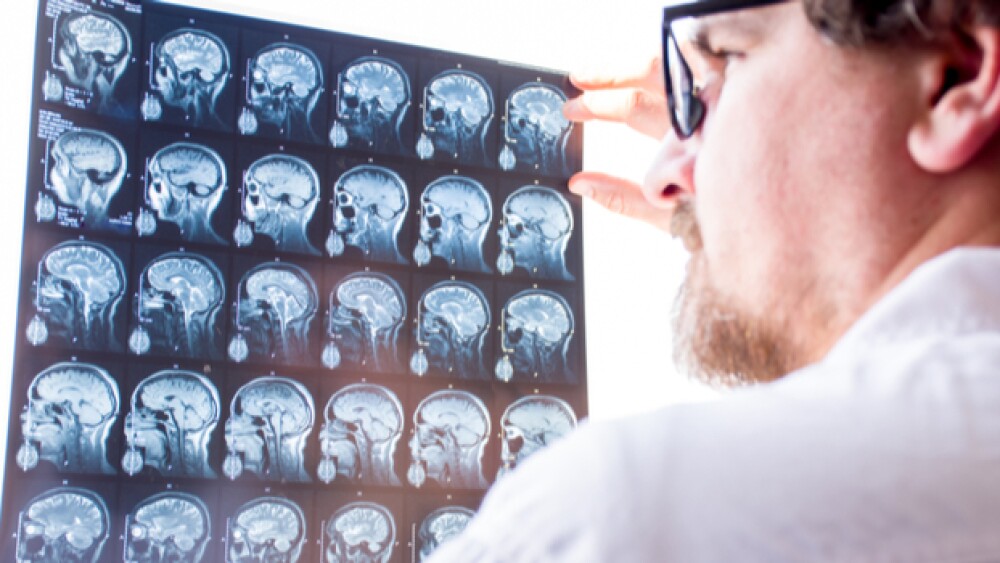INc-UAB takes aim at multiple sclerosis from a new direction that reduces inflammation at the cellular level.
The pharma industry has been aflame with potential treatments for multiple sclerosis (MS) in recent years, reflecting the overwhelming need to expand patient options. A Journal of Neuroinflammation article describes how the Institut de Neurociències at the Universitat Autònoma de Barcelona (INc-UAB) takes aim at MS from a new direction that reduces inflammation at the cellular level. The study was conducted in collaboration with the University of Montreal and the Universidad de La República in Uruguay.
According to the National Multiple Sclerosis Society, MS takes control of a patient’s central nervous system (CNS) as the body’s immune system responds and neuron myelin sheaths become damaged. Myelin sheaths act as a layer of protection surrounding brain neurons. Without functioning myelination, the brain cannot send and receive signals, which can disrupt sight, memory amd sensory perception, and increase pain and fatigue. Without an approved treatment, patients are left susceptible to paralysis. No specific underlying cause has been identified.
Up to one million people are presently living with MS in the U.S., with the diagnosis given primarily to females in the Northeast and Midwest. Globally, 2.5 million people are estimated to carry the diagnosis.
The new approach taken by UAB and friends was theorized after researchers at the university’s Neuroplasticity and Regeneration Group analyzed MS patient brain, serum and blood samples via lipidomic analysis. The quantitative study found a deficit of maresin-1 lipid mediators and other lipid mediators that moderate and minimize inflammation in patients with normally functioning immune systems. These lipid mediators are collectively referred to as specialized pro-resolving mediators (SPMs). This deficit was paralleled in mouse models. Maresin-1 became the focal point of the research, as supplementation of the mediator was shown to reduce chronic inflammation in mice with experimental autoimmune encephalomyelitis.
A therapeutic effect was observed after the administration of Maresin-1. Polymerase chain reaction (PCR) analysis showed that the number of proteins that upregulate cytokines, one of the culprits behind inflammatory responses, diminished along with Th1 cells occupying the immune system. Macrophage activity was redirected to perform regulation and anti-inflammatory activities. Immune Long-term treatment resulted in neuroprotection of the myelin sheath and reduced neurodegeneration, as shown through brain tissue staining of the deceased subjects. The results are statistically significant, with a score of p < 0.05.
The lead researcher, and a physiology professor at UAB, Rubén López-Vales, commented on the revealtions: “Our results suggest that one of the body’s mechanisms for resolving inflammation is not working properly in patients with multiple sclerosis, which could partly explain the episodes of autoimmunity they experience.”
The final conclusion is plainly stated in the report: “Synthesis of SPMs is impaired in MS patients” and must be supplemented to reduce inflammatory responses, thus limiting damage to the CNS. This suggestion is supported by SPM deficits seen in mice with spinal cord contusion injuries and humans with Alzheimer’s disease. Further research will be conducted to evaluate the safety of lipid administration, which will determine whether it is possible to bring the treatment into clinical space.





